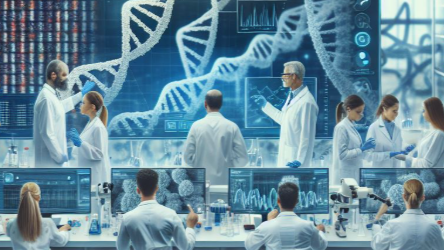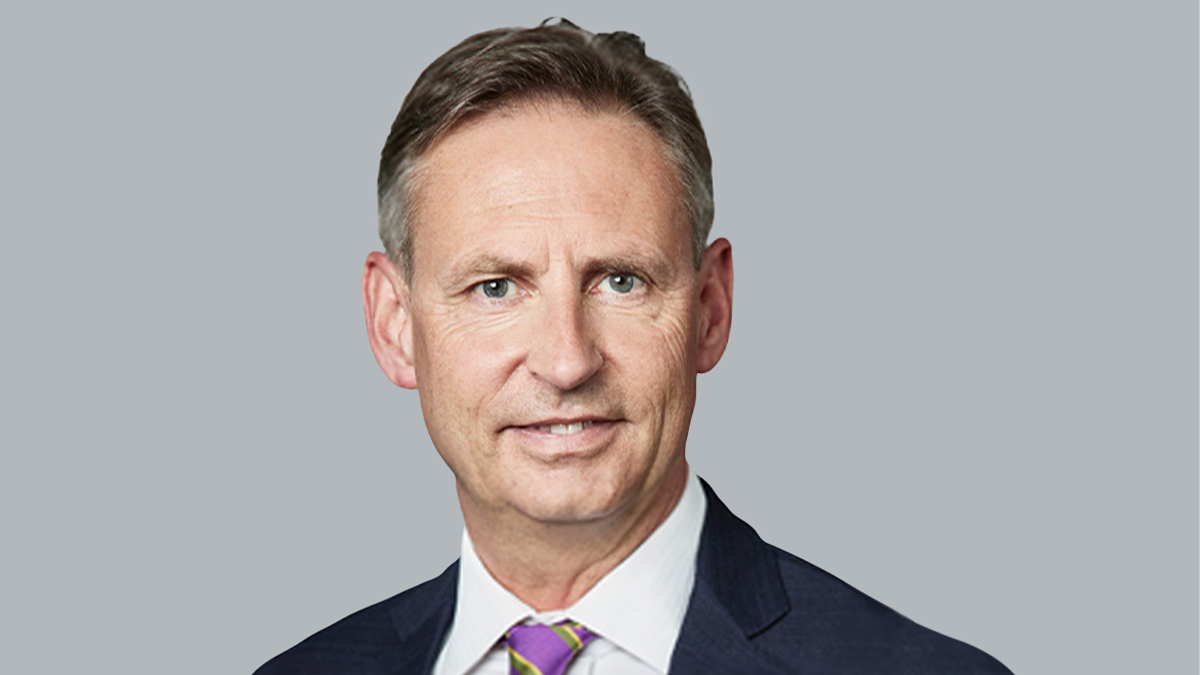Nils Eckardt, Former Chief Medical Affairs Officer at Agenus, shared a post on LinkedIn:
“Navigating the Information Maze: Knowledge, Beliefs, and the Pursuit of Truth in Cancer Care.
I was discussing this topic over the weekend with my ‘AI friend’ and thought I would share what we came up with, enjoy!
In the complex world of cancer care, the sheer volume of information can be overwhelming. Patients, families, and healthcare professionals alike are bombarded with data, from research findings and treatment options to anecdotal evidence and online forums.
Navigating this landscape demands a delicate balance between what we know, what we choose to believe, and the crucial role of the vast amount of other available information – information we often actively filter out.
The Comfort and Limitations of Established Knowledge
Medical professionals rely on established scientific knowledge, rigorously tested through research and clinical trials. Guidelines, protocols, and evidence-based practices form the bedrock of cancer care, providing crucial guidance and ensuring consistent, high-quality care. For patients, understanding their diagnosis, stage, and treatment options empowers them to actively participate in their care.
However, even in medicine, relying solely on what we know can be limiting. Cancer is a complex and constantly evolving disease. New research emerges regularly, challenging existing paradigms and offering potential breakthroughs. Sticking rigidly to established knowledge can sometimes hinder the adoption of innovative approaches that could benefit patients.
The Double-Edged Sword of Belief: Choosing What Not to Believe
Beliefs play a significant role in healthcare decisions, both for patients and providers. Patients may hold strong beliefs about alternative therapies, lifestyle choices, or even the healthcare system itself. Providers, too, have their own beliefs and biases that can influence their recommendations.
Crucially, when we choose to believe something, we simultaneously choose not to believe something else. This active selection process shapes our understanding, often unconsciously. This can be particularly problematic in cancer care. For example, a patient who strongly believes in the power of natural remedies may actively dismiss evidence supporting conventional treatments, even if those treatments offer a higher chance of success.
Similarly, a provider who believes a particular therapy is ‘too new’ may inadvertently overlook compelling evidence of its efficacy. While beliefs can provide comfort and hope, they can be detrimental if they lead to the rejection of evidence-based treatments or the pursuit of unproven remedies. This selective filtering of information creates a bias, limiting our understanding and potentially harming patients.
In cancer care, where emotions run high and uncertainty is prevalent, the influence of this selective belief can be particularly strong. The challenge lies in fostering open communication between patients and providers, where beliefs can be acknowledged and explored within the context of scientific evidence, while also recognizing the inherent bias introduced by choosing what information to disregard.
The Critical Importance of the ‘Rest’ – Including What We Discard
Beyond established knowledge and personal beliefs lies a vast and often confusing landscape of information. This includes the latest research findings, clinical trials, anecdotal evidence from support groups, and the often-unfiltered content of online platforms.
Critically, this ‘rest’ also includes the information we choose to ignore because it contradicts our existing beliefs. For patients, this ‘rest,’ including the discarded information, can be a source of hope, confusion, or even misinformation. It is crucial to critically evaluate all information, discerning credible sources from those driven by personal agendas or lacking scientific rigor.
This includes actively seeking out information that might challenge our beliefs, rather than instinctively rejecting it. For healthcare professionals, staying abreast of the latest research and understanding the evolving landscape of cancer care is essential.
This requires continuous learning, critical appraisal of new data, and the ability to translate complex information into actionable insights for patients. It also requires a conscious effort to recognize and address their own biases, particularly when those biases lead to the dismissal of potentially relevant information.
Navigating the Information Maze in Cancer Care: Recognizing Our Blinders
Effectively navigating the information maze in cancer care requires a multi-pronged approach: Evidence-based practice: Healthcare professionals must prioritize evidence-based medicine, integrating the best available research with clinical expertise and patient values.
Patient education: Empowering patients with accurate and accessible information is crucial. This includes helping them understand their disease, treatment options, and potential risks and benefits. It also includes educating them about the dangers of selective information processing.
Critical appraisal skills: Both patients and providers need to develop critical thinking skills to evaluate the credibility and relevance of all information, including actively seeking out dissenting viewpoints.
Open communication: Fostering open and honest communication between patients and providers is essential for shared decision-making. This includes acknowledging beliefs, addressing concerns, and exploring options within the framework of scientific evidence, while also openly discussing the potential impact of information biases.
Reliable resources: Directing patients to reputable sources of information, such as established medical organizations and peer-reviewed journals, can help them navigate the complex information landscape.
In the fight against cancer, knowledge is indeed power. But it is the responsible and discerning use of all available information, including the information we are tempted to discard, combined with open communication and a focus on evidence-based practice, that will ultimately lead to the best outcomes for patients.
We must strive to recognize our own blind spots, acknowledge the information we choose not to believe, and actively challenge our biases to truly understand the complexities of cancer care.”

More posts featuring Nils Eckardt.


